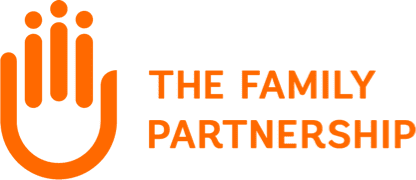Executive function Curriculum
Our curriculum boosts brain power and calms classrooms.
The Family Partnership designed the curriculum to boost executive function and self-regulation skills in preschool children ages 3 to 5.
For information on piloting or to schedule a presentation, contact us today!
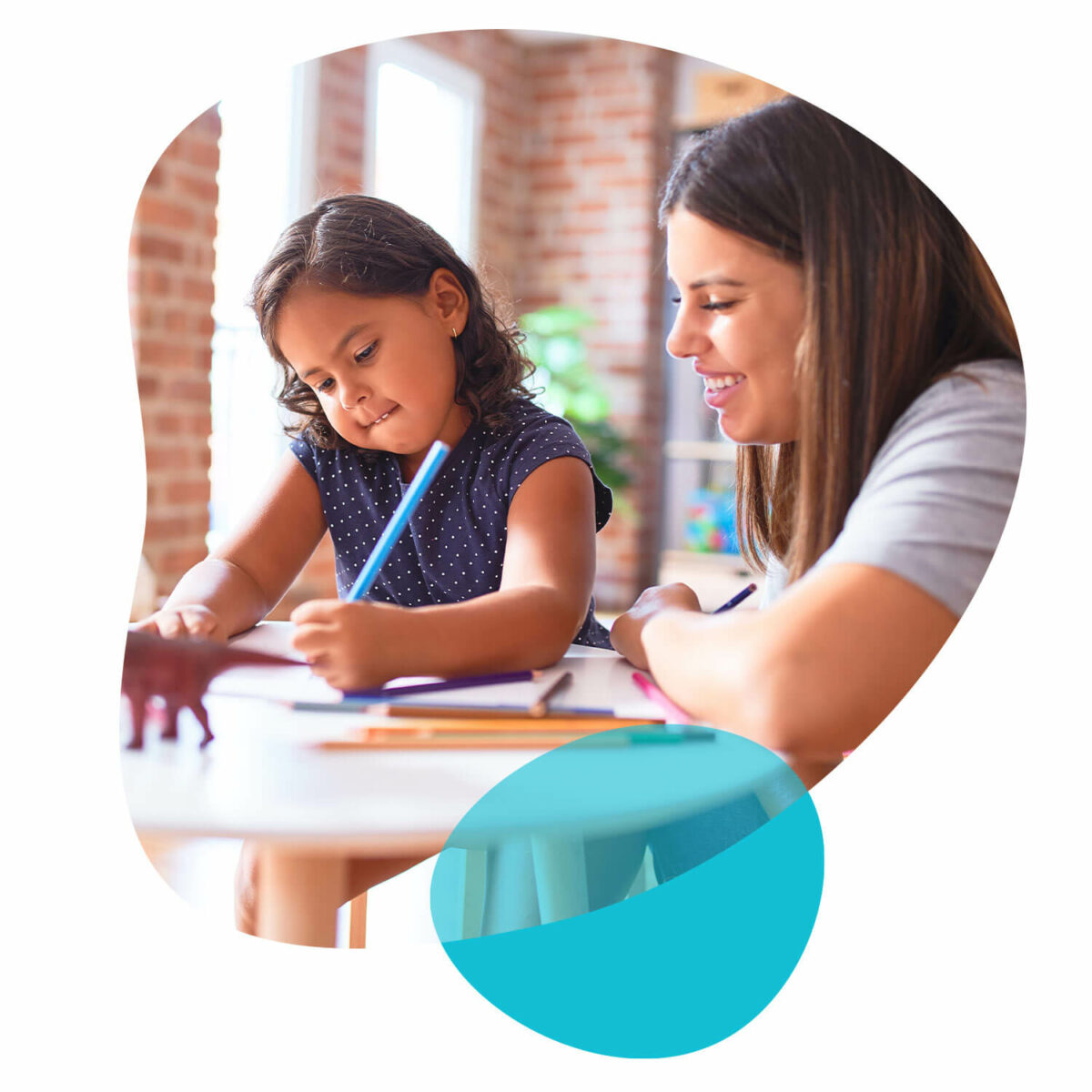
Early intervention boosts healthy brain development.
Our curriculum steps in early to help build executive functioning – the essential skills that everyone needs to stay on track with goals, imagine consequences of actions and inhibit impulsive behavior.
The Purpose of Our Curriculum
We are creating a world in which every child has the opportunity to learn the skills they need to thrive in school and life. In this world, children know how to share their thoughts, reflect on their behavior and regulate their bodies. Preschool classrooms are more joyful and teachers feel successful.
That world doesn’t yet exist for many children. In Minnesota, African American and American Indian adults have three times the Adverse Childhood Experiences (ACEs) scores of their white peers.
Without the buffering support of an adult caregiver, ACEs produce toxic stress. Brain science research shows that this stress can impair development of healthy executive function and self-regulation skills – predisposing people to many mental and physical health problems in later life (including heart disease, diabetes, addiction and depression, to name a few).
The Family Partnership worked with teachers of color from across the United States to develop Executive Functioning Across Generations curriculum that boosts executive function skills and calms classrooms.
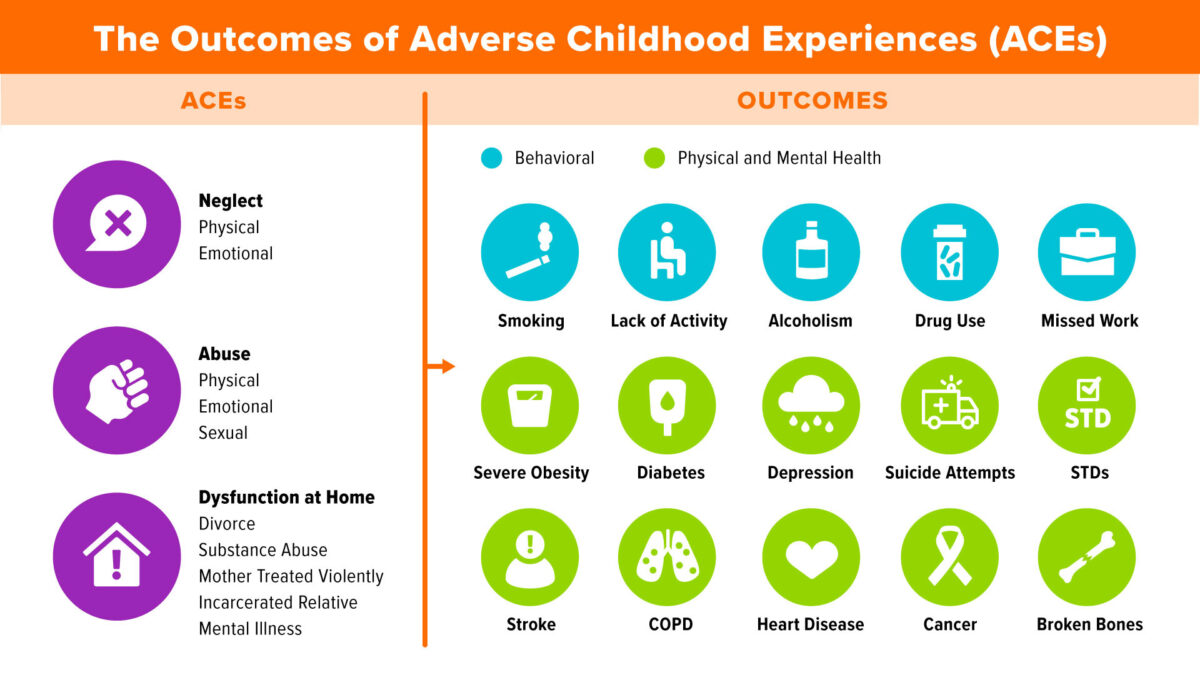
Sources: Robert Wood Johnson Foundation and http://www.cdc.gov/ace/prevalance.htm
How the Curriculum Works
The Executive Functioning Across Generations© curriculum helps children to learn the “building blocks” of executive functioning including:
- Internal state language helps children to describe emotional and mental states.
- Storytelling gives children context for positive and negative experiences so they can think about what to do next time.
- Mindfulness equips children with the tools to “re-set” and focus during stressful situations.
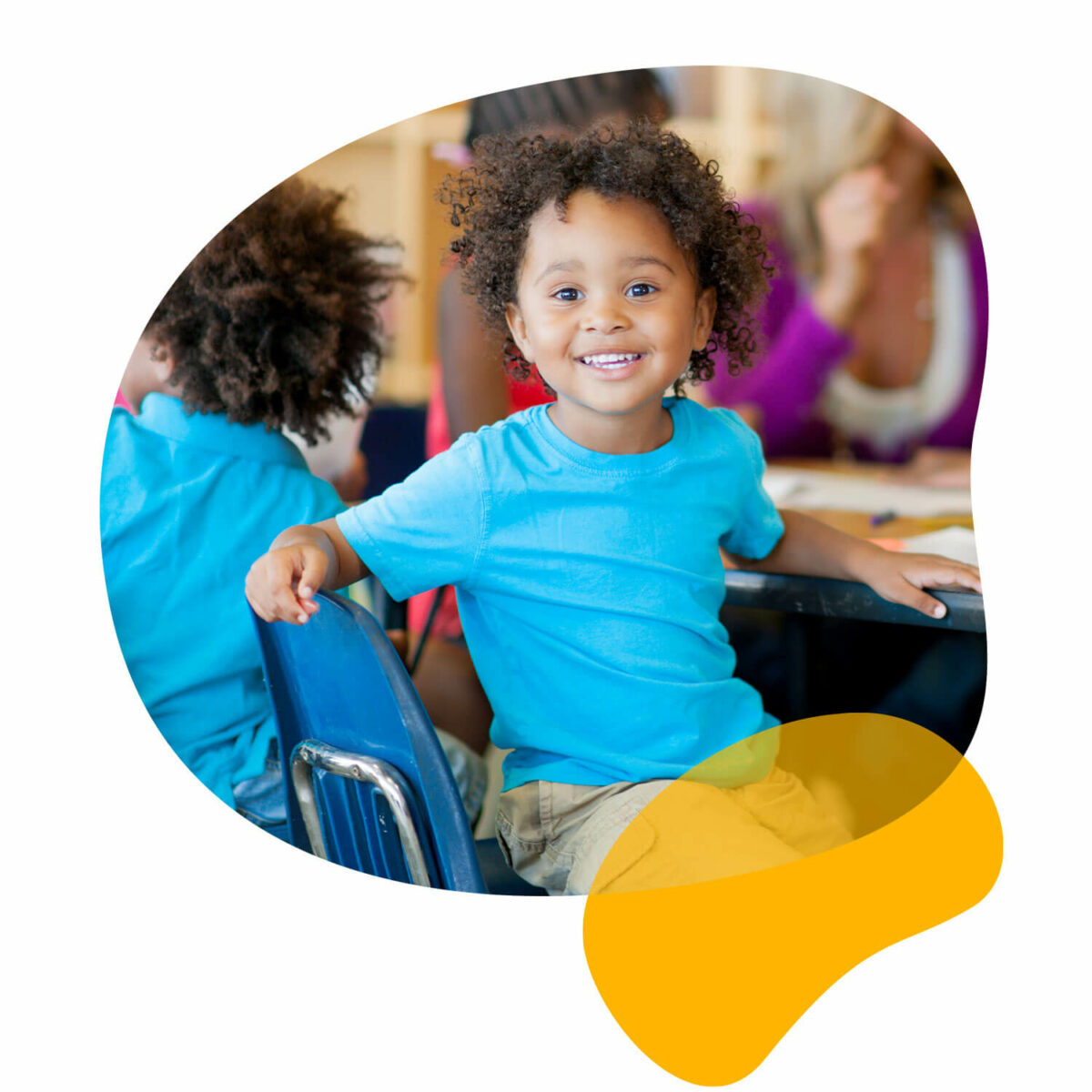
| INTERNAL STATE | INTERNAL STATE WORDS |
|---|---|
| Perception | See, look, hear, smell |
| Physical State | Hungry, thirsty, sleepy |
| Emotion/Affect | Have fun, funny, proud, sad |
| Volition/Ability | Need, have to, can, hard |
| Thinking/Mental State | Think, remember, forget, pretend, dream |
| Moral Judgment | Bad, naughty, may, let |
This group-based curriculum works in just 15 minutes per day and is implemented over a school year. Participating teachers receive a half day of professional development, and all the materials they need to implement the program. We track our impact in three ways:
- Everyone has to love it to use it. Over fifteen teachers contributed to the development of the curriculum, and they love that it addresses their pain points. Our curriculum helps children to focus, calm themselves, and bounce back faster when they are dysregulated. Children love the movement, storytelling, play.
- The data has to show progress. With evaluation design support from Harvard Center on the Developing Child, and ongoing evaluation support from the Center for Early Education and Development at the University of Minnesota, our curriculum has demonstrated a significant impact on emotional descriptive language, positive age-appropriate behavior, and storytelling-all of which are highly correlated with executive functioning skills.
- The curriculum has a positive impact on kindergarten readiness. Executive Functioning Across Generations© addresses over half of preschool competency standards over multiple domains.
A parent told us that when she feels stressed, her daughter reminds her to do belly breathing. It is great when what a child learns in the classroom transfers to the parent.
John Everett Till, Senior Vice President of Strategy and Innovation
Positive Pilot Results
From 2017-2019, The Family Partnership developed and piloted three rounds of the curriculum with preschool children and their caregivers in Minneapolis.
Children participating in the second and third pilots experienced statistically significant increases in executive function using the Minnesota Executive Function Scale (MEFS), a tablet-based app developed by the University of Minnesota.
- The children in the second and third round of pilots increased their MEFS scores
- In the third pilots, children started below the age-adjusted national median for executive function skills using the MEFS, but at the end of the intervention scored above the national median
- Both teachers and parents reported that children’s use of internal state words increased when pre vs. post-intervention, internal state word use was compared
- The complexity of children’s personal narratives also increased when pre vs. post-intervention narratives were compared using advanced linguistic software
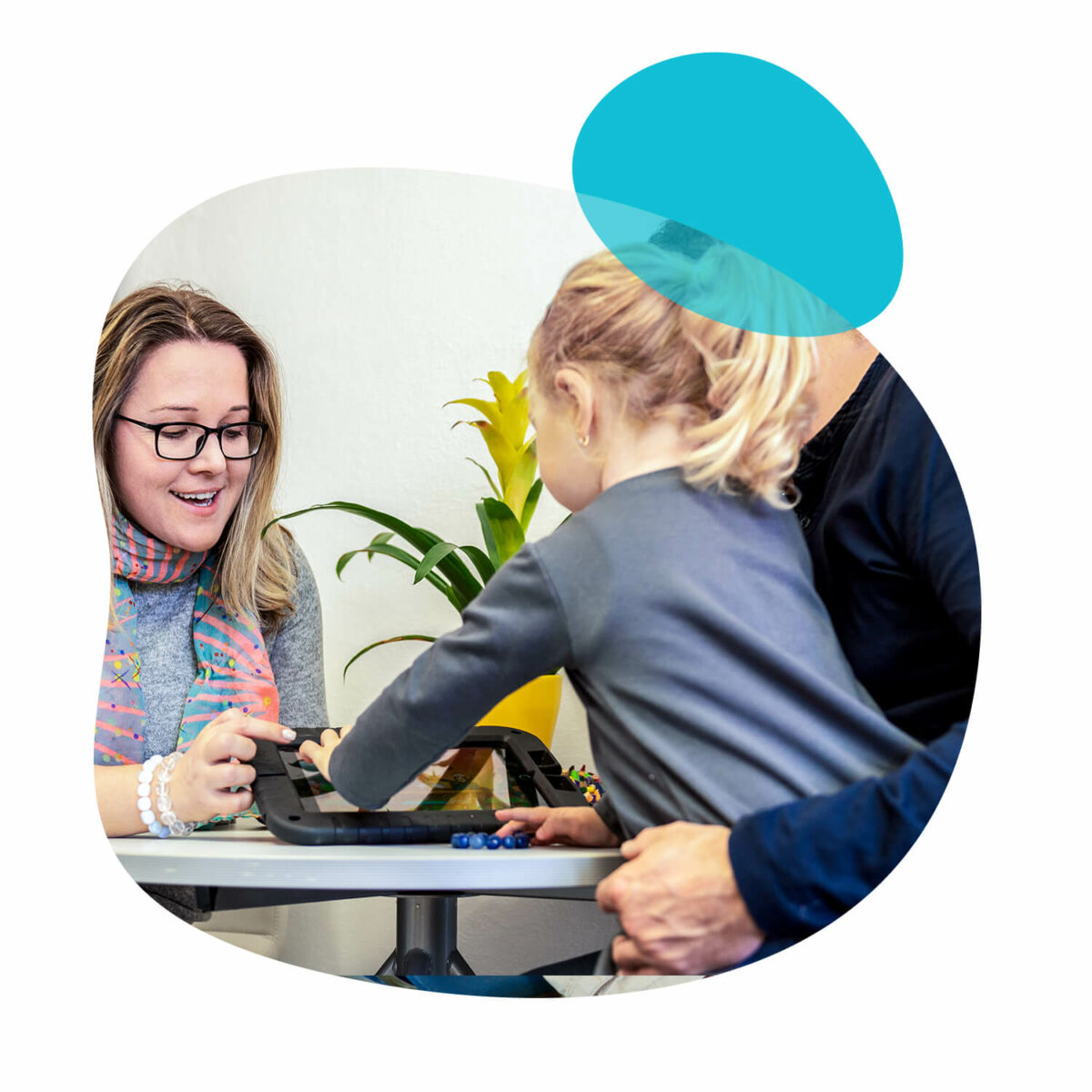
Parents living in high stress environments who were engaged in the pilots showed great interest in brain science and the curriculum. They quickly developed warm, trusting relationships with each other and with the facilitators. One staff member said that “This is the best parent group we have ever done at the center.” One parent who was particularly guarded in the past, asked staff for help for the first time with a significant life stressor. Another mom reported their child reminds her to do “belly breathing” exercises at home, a mindfulness technique taught in the children’s curriculum, when she becomes stressed!
Curriculum Partners
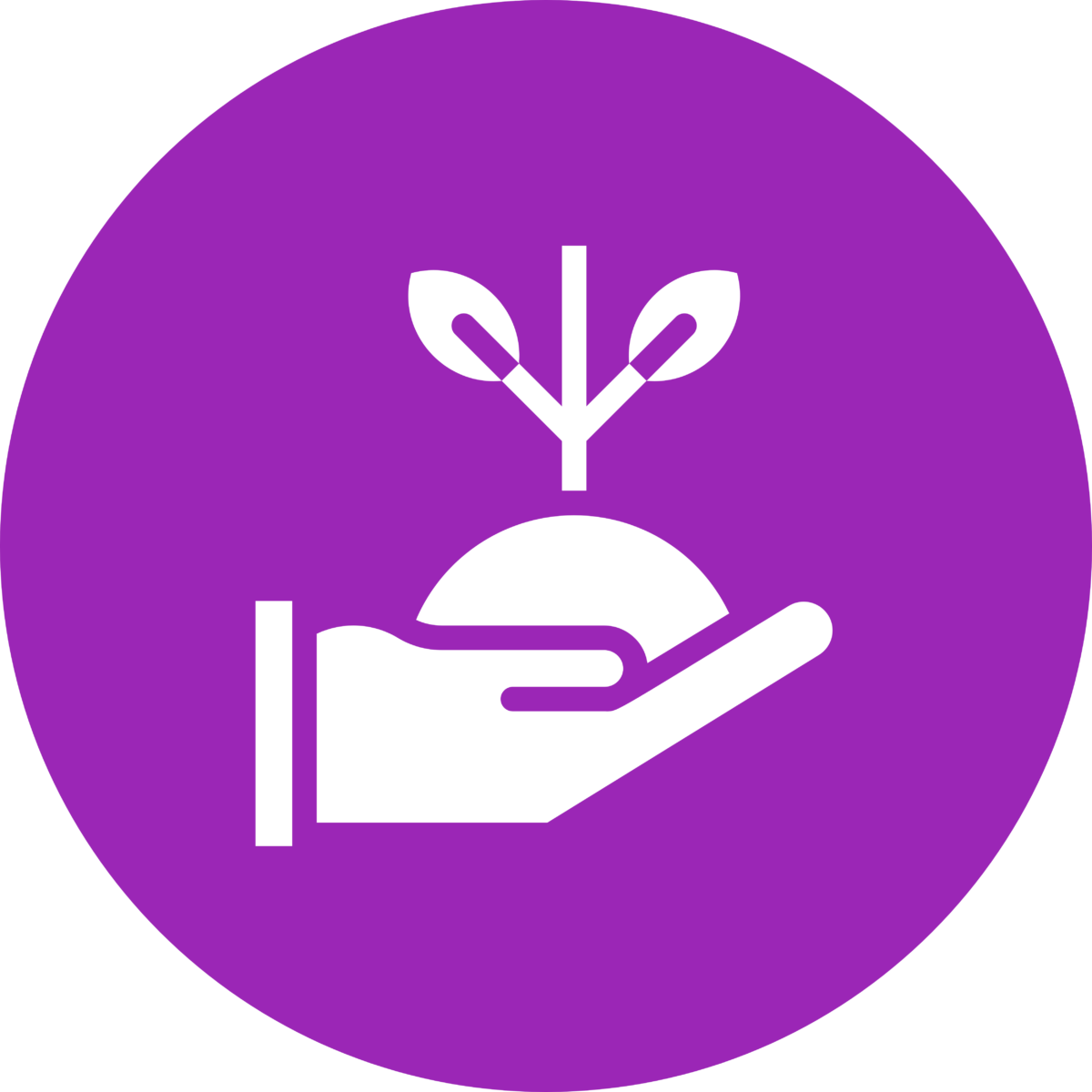
Investment Opportunities
Currently, our curriculum is used in five programs across five U.S. cities. We recently received funding to scale the curriculum through six more programs, with ambitious plans of expanding to 31 programs by 2025.
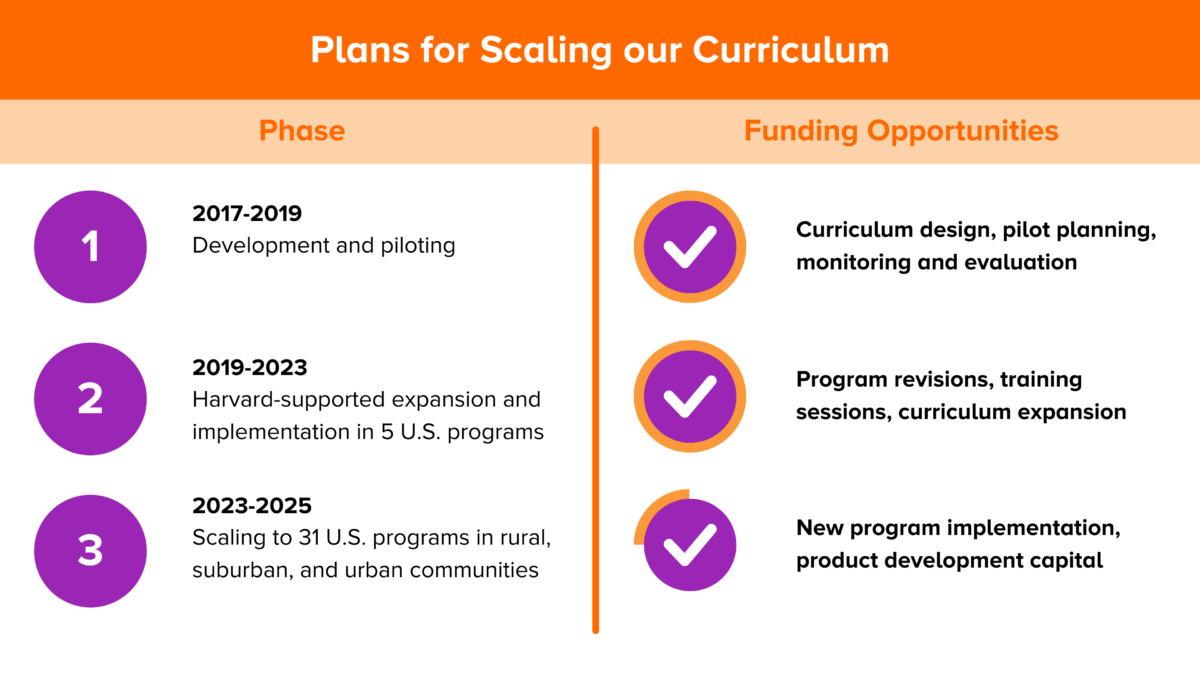
Watch our presentation at Show + Tell by Promise Venture Studio
.video-container {
display: flex;
justify-content: center;
align-items: center;
height: 50vh;
}
p {
margin: 1px 0; /* Adjust the margin value as needed to reduce vertical padding */
}
Show + Tell Presentation
Promise Venture Studio featured The Family Partnership’s Executive Function curriculum in a recent Show + Tell Innovations for Equity in ECD event dedicated to “showcasing the most promising innovations in early childhood development with the potential for scaled impact for children facing the greatest adversities.”
For more information on sponsorship opportunities, view our Show + Tell presentation above or contact John Everett Till, Senior Vice President of Strategy and Innovation.
Interested in learning more?
Contact us for information on piloting or scheduling a presentation:

John Everett Till
Senior Vice President of Strategy and Innovation
